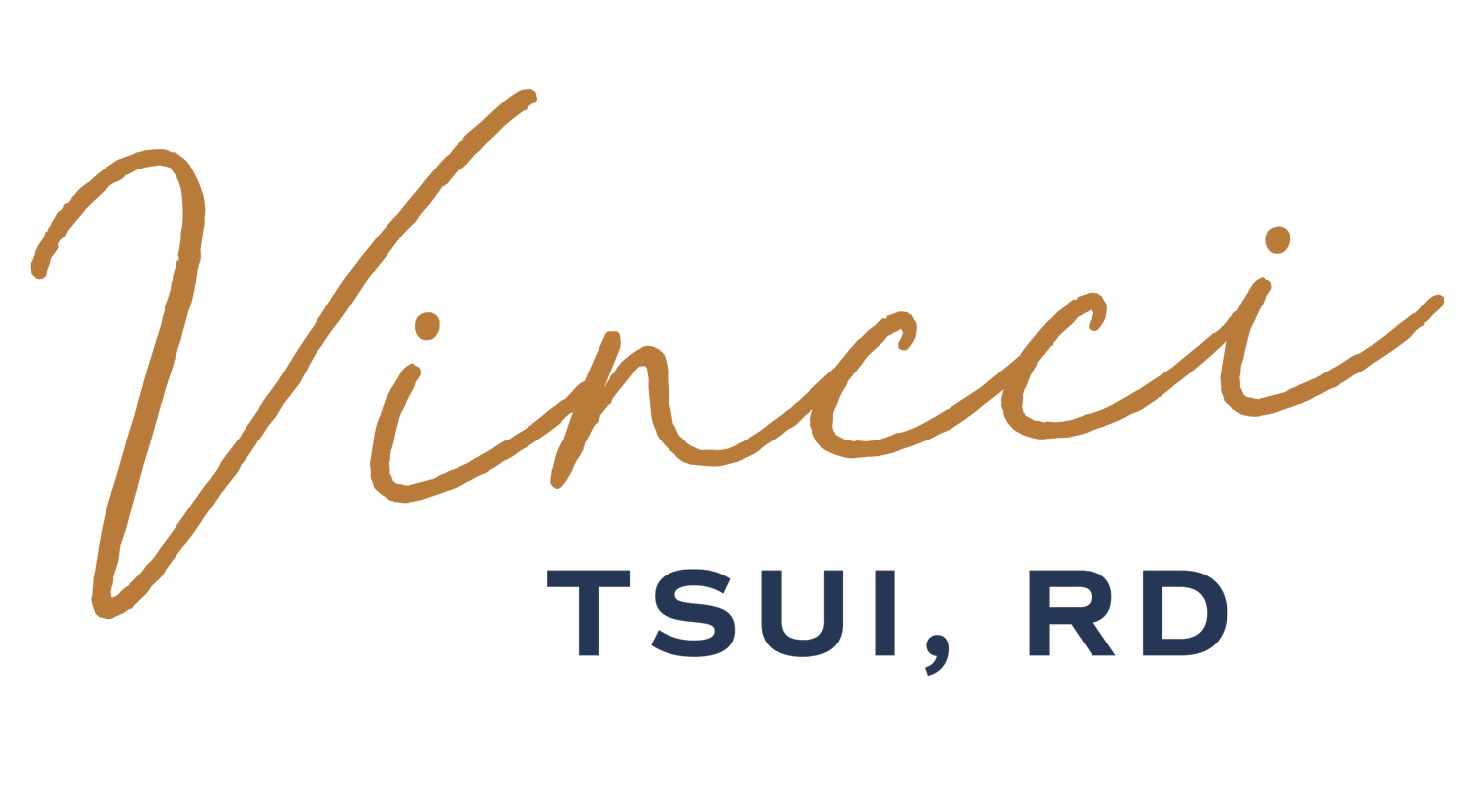I Moustache You a Question… About Soy.
It’s Movember again! This annual campaign raises funds and awareness for men’s health issues, including prostate and testicular cancers, and mental health. It’s also a chance to find out which of the men in your life can grow lush mo’s, and who can only sprout a few chin hairs.
I find that often when I talk about nutrition and men’s health, the conversation turns to soy… and whether it can be harmful for men.
Harmful?
Soy contains compounds called isoflavones. The major isoflavones in soy are genistein and diadzein. Soy isoflavones are phytoestrogens; their chemical structure is so similar to estrogen that they can bind (and activate) estrogen receptors in our bodies. A common fear among men is that by ingesting these estrogen-like compounds, this will lower their testosterone levels and in turn make them more feminine and/or impact their muscle gain.
Do All Soy Foods Have Isoflavones?
Soy isoflavones are generally associated with the protein component of soy, meaning that soy products that have low or no protein, like soybean oil or soy sauce, have low levels, if any, of isoflavones.
Interestingly, that does not necessarily mean soy protein powders have sky high levels of isoflavones. In fact, soy protein concentrate is very low in isoflavone content {TW: Link includes specific numbers}, because it is extracted with alcohol. Most soy “products”, like soy meat substitutes or soy protein bars, use soy protein concentrate.
On the other hand, soy protein isolate uses a different extraction process that helps to retain more of the protein, so its isoflavone content is higher, but still less than half of the isoflavones in whole soybeans.
Back to the Studies…
It’s difficult to evaluate the evidence looking at soy, testosterone and reproductive health because the studies available thus far vary greatly in terms of length of intervention/follow-up, and types and amounts of soy or soy isoflavones used. Many of these studies also have small sample sizes, which can affect results. In general, however, it appears that soy is not associated with decreased testerosterone levels, sperm count or increased feminization with usual intakes.
Why Should I Even Bother Eating Soy?
Good question. If you don’t love soy for whatever reason, it’s not my job to force you. Nutritionally, soy is a source of vegetarian protein that is inexpensive. It is very versatile – edamame, tofu, soy milk, tempeh, miso and natto are all examples of soy foods. There is evidence that the isoflavones in soy can help prevent certain types of cancer and heart disease.
What are your thoughts on soy? Do you love it? Hate it? Still a little skeptical?
